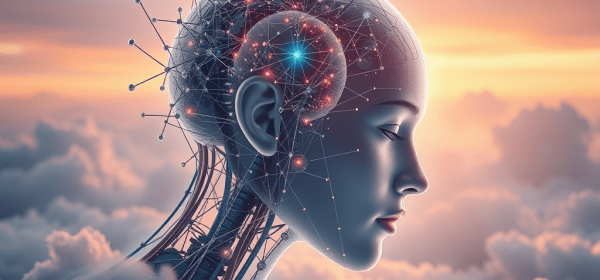Narcissists and psychopaths often provoke jealousy in partners as a strategy for power and control. Research indicates that motivations vary by subtype, with grandiose narcissists using it offensively and vulnerable ones defensively to compensate for insecurity. This manipulation can harm partners’ self-worth, making healing essential through therapy and self-validation.














